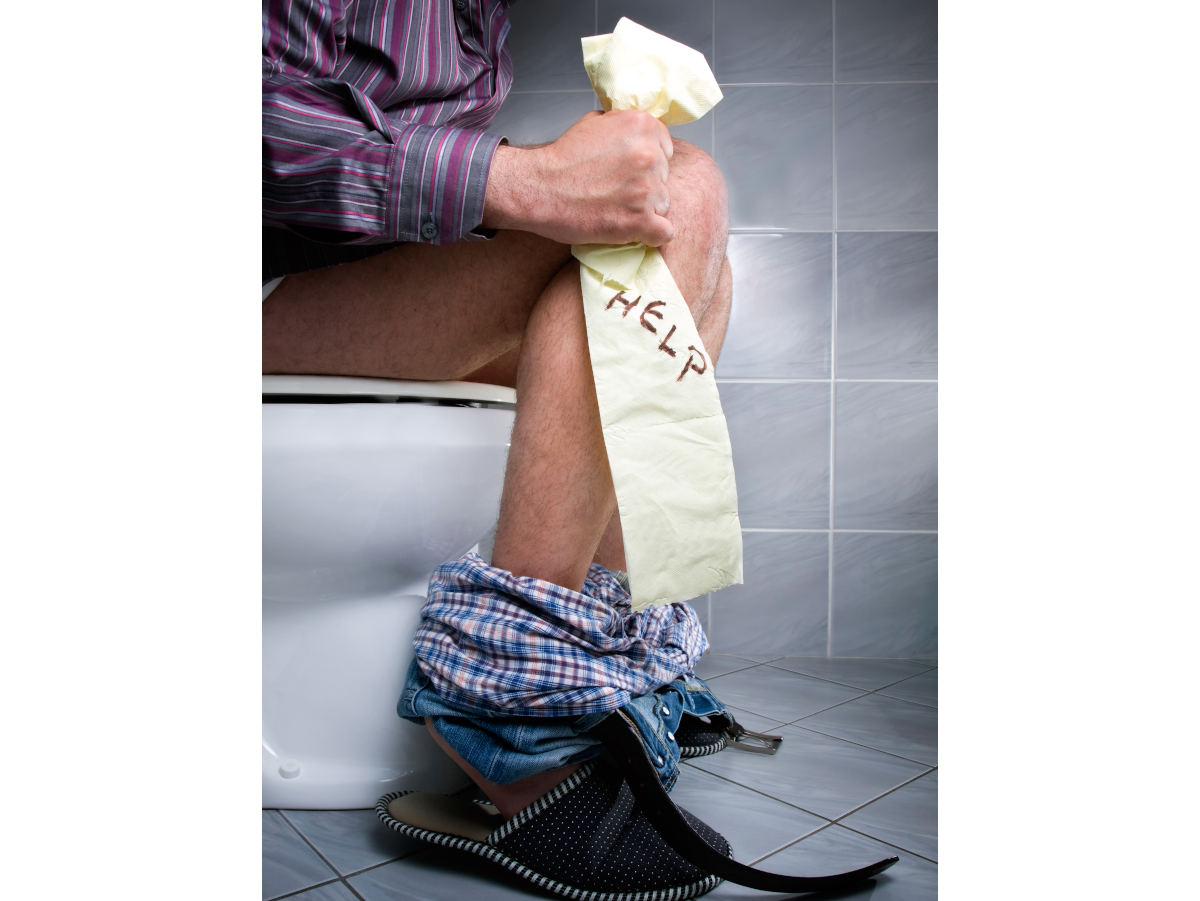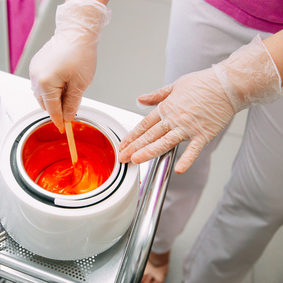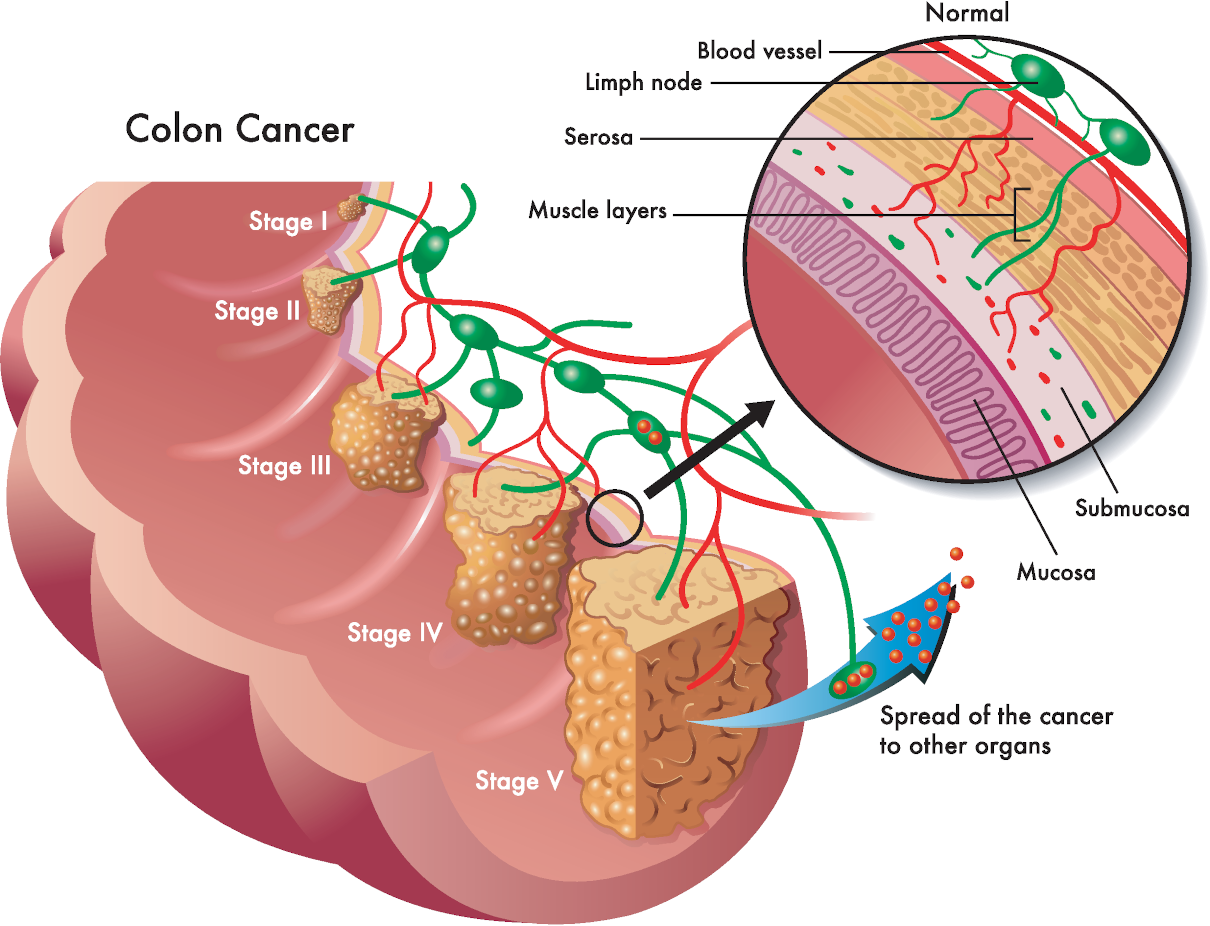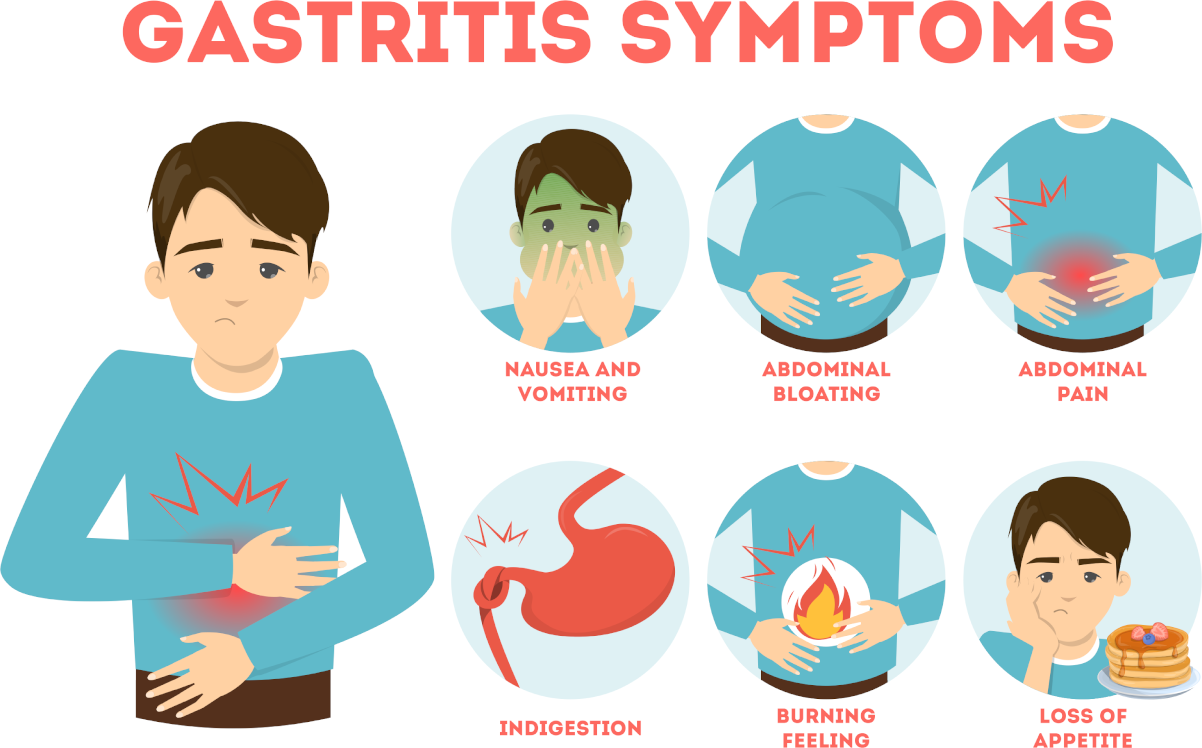
Laxatives act as chemical irritants and stimulate the colon’s muscular walls to contract to expel the irritating substances abnormally. Moreover, it is effortless to become dependent upon these drugs and permanently destroy the colon’s strong ability to eliminate naturally on its own accord. Besides, the oral route of administration is the least optimal method of evacuation of the large intestine. However, most laxatives and other cathartics precipitate dehydration in the patient. On the other hand, colonic irrigation, as a beneficial therapy, fills and empties the colon and improves the patient’s hydration status. So, what are the common concerns about colonic irrigation?
WHAT ABOUT POSSIBLE ELECTROLYTE DEPLETION IN THE COLON?
Electrolytes or minerals are responsible for cell function throughout the body and carry an electrical charge. When the body receives nutrients from good quality organic foods containing sodium, potassium, and magnesium, it replenishes the colon’s electrolyte level as part of the diet. Some colonic irrigation devices allow for supplementation (additive) via the rectum (Bifidus, saline, kaycelate, acidophilus, etc.); however, only at the physician’s direction. Besides, we do not recommend using oil in your colon hydrotherapy device. The client should do coffee enemas at home shortly after getting a colon hydrotherapy session at your office. Common concerns about colon therapy may also vary a lot.

Mini Detox PLUS – 3 colonics, minerals, herbal & probiotic implants
The ideal pattern of colonic treatments includes three alkalising colon hydrotherapy treatments with sodium bicarbonate, one anti-parasitic implant on the first treatment, one liver and gall bladder stimulating herbal implant on the second treatment, and high strength probiotic implant on the third colonic.
WILL THE INTESTINAL FLORA BE DISTURBED BY COLONIC IRRIGATION?
The intestinal flora is billions of microscopic organisms, including bacteria, yeast, fungi and viruses, which inhabit the bowel. To clarify, they play a vital role in health and disease. For example, bacteria synthesise valuable nutrients. Therefore, properly balancing these microorganisms is essential to a healthy colon. The large intestine produces bacteria daily, and good nutrition will enhance the colon’s ability to maintain balance following colon hydrotherapy. Further, the physician may elect to prescribe lacto Bifidus/bacillus culture. For instance, they facilitate this process and incorporate low-fat, cultured dairy products (yoghurt, etc.) into the patient’s dietary program.
Common concerns about colonic therapy?
A potent germicidal/disinfectant solution disinfects the device properly. Besides, its contents are not harmful to the colon environment. Moreover, the colon hydrotherapy device has several check valves to prevent the wastewater from returning to the water supply. Common concerns besides is a single-use disposable sterilised packet containing a rectal tube or speculum.

Nefertiti Facelift – Wrinkle Relaxing Injections
Treatment with Botulinum Toxin Type A injections to relax facial wrinkles blocks muscular nerve signals, weakening the muscle so it can’t contract, resulting in diminished unwanted facial wrinkles.
INDICATIONS FOR COLONIC IRRIGATION
The client’s history and physical examination would dictate the need for colonic irrigation in the treatment plan. Colonic therapy is beneficial for the following common concerns and conditions:
- Acute faecal impaction
- Mucous
- Colitis
- Constipation
- Fever therapy
- Hyper/hypothermia
- Diarrhoea
- Paraplegics and quadriplegics (bowel training)
- Parasitic infections
- Prevention of atonic colon
- Abdominal distension/flatulence
- Preparation for diagnostic
- Haemorrhoid (mild to moderate) study of the large intestine
- Intestinal toxaemia
- Barium enema
- Nutrient supplementation via the rectum
- Sigmoidoscopy and colonoscopy
- Surgery diverticulosis
- Balance physiologic flora of the large intestine

Food intolerance test of 208 ingredients
This one is our most comprehensive food and drink test. The test analyses your client’s IgG antibody reactions to 208 food and drink ingredients. This test will highlight their food triggers and help you formulate an IgG-guided elimination diet together.
INDICATIONS UNDER PRESCRIPTION AND DIRECT PHYSICIAN SUPERVISION
- Diverticulitis
- On-site preparation following trauma
- Ulcerative colitis
- Early pregnancy (up to 4 mos.)
- Crohn’s disease
Common concerns about CONTRAINDICATIONS FOR COLON THERAPY
- Severe cardiac disease
- Cirrhosis (uncontrolled hypertension or carcinoma of the colon
- congestive heart failure
- Fissures/fistulas
- An aneurysm
- Pregnancy, first & third trimesters;
- Severe anaemias
- An abdominal hernia
- GI haemorrhage/perforation
- Recent colon surgery
- Severe haemorrhoids
- Renal insufficiency
You may also learn more about common concerns about colonic irrigation in our clinic.

Bikini line extended(bum) waxing
It takes the sides of the bikini line more profound than a regular bikini wax and can include waxing some hair on top to make a more defined (triangle) area or trimming down the left hair. We also remove hair from the back. This treatment lasts twenty minutes.










